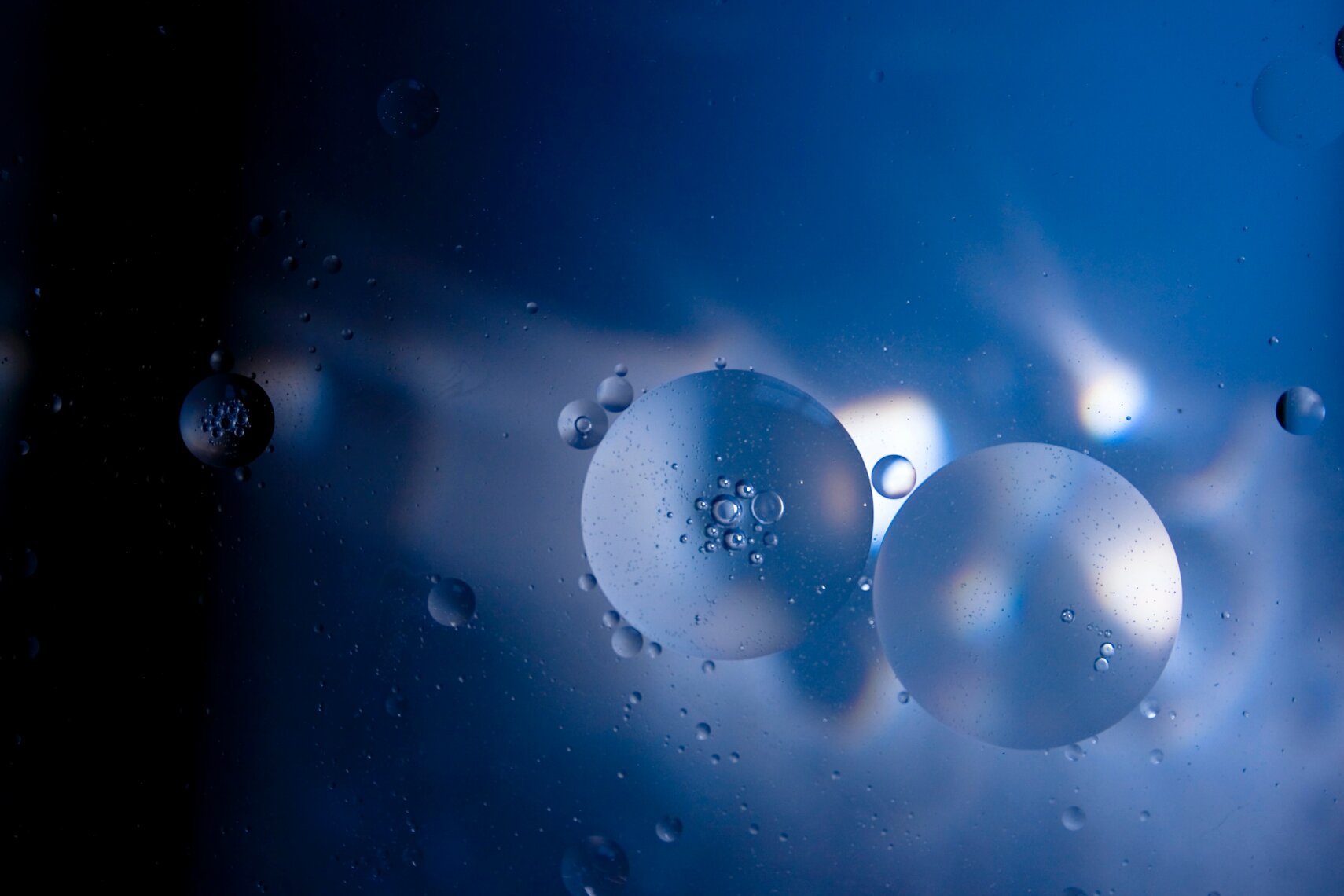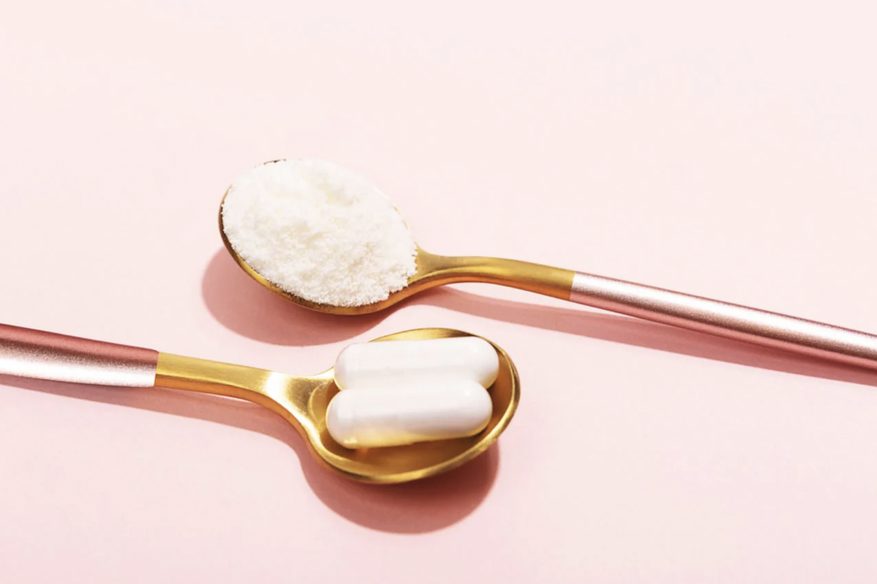 What’s the Difference Between Collagen Peptides and Hydrolyzed Collagen?
What’s the Difference Between Collagen Peptides and Hydrolyzed Collagen?
Hydrolysis
Hydrolysis is a fundamental chemical process with wide-ranging applications in various industries, including the production of collagen supplements. This process involves the breaking of chemical bonds within a molecule by the addition of water molecules. In the context of collagen production, hydrolysis plays a crucial role in transforming collagen sources, such as cowhide or egg albumen, into collagen supplements that are highly bioavailable and easily absorbable by the human body. The hydrolysis process is typically carried out by subjecting the collagen source to high temperatures in the presence of water, effectively breaking down the long collagen protein into smaller peptide chains.
Collagen hydrolysates, which are the result of this hydrolysis process, are known for their solubility in water and rapid absorption by the body. This makes them a convenient and effective way to support various aspects of health, including skin, joint, and bone health. Collagen hydrolysates have become popular dietary supplements due to their versatility and potential benefits. Whether added to beverages, incorporated into recipes, or taken as a supplement, collagen hydrolysates offer a convenient way to promote overall wellness and vitality.
 What’s the Difference Between Collagen Peptides and Hydrolyzed Collagen?
What’s the Difference Between Collagen Peptides and Hydrolyzed Collagen?
 What is Bone Health and How Can Collagen Peptides Support It?
What is Bone Health and How Can Collagen Peptides Support It?
 Collagen Peptides: Support Your Skin the Nutritional Way
Collagen Peptides: Support Your Skin the Nutritional Way
 Does Ethnicity Affect How Our Skin Ages?
Does Ethnicity Affect How Our Skin Ages?



